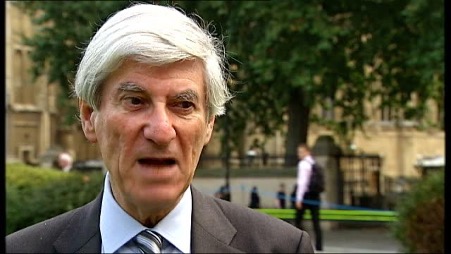
Was Brexit an aberration or does it reveal real weaknesses in the European Union?
The European Communities, forerunner of the European Union, were founded by the Treaty of Rome in 1957 in circumstances very different from those of today, with just six member states at roughly similar levels of economic development and member states facing a common problem of completing postwar recovery. A prime motive was to integrate Germany into the continent. That was of course achieved many years ago.
Today, by contrast with 1957, the European Union comprises 27 member states at very different levels of economic development and it faces very different problems. In addition, the 1950s was a period when the leaders led and the followers followed.
Today the `followers’ i.e. the people, demand much greater accountability and control over those who govern them. The EU therefore must transform itself from a technocratic and elitist institution into one that can successfully mobilise popular opinion. How is this to be done?
BIOGRAPHY
Vernon Bogdanor is Professor of Government at King’s College, London, and was formerly Professor of Government at Oxford University. His books include Devolution in the United Kingdom (1999), The New British Constitution (2009), Beyond Brexit: Towards a British Constitution (2019) and Britain and Europe in a Troubled World (2020).
